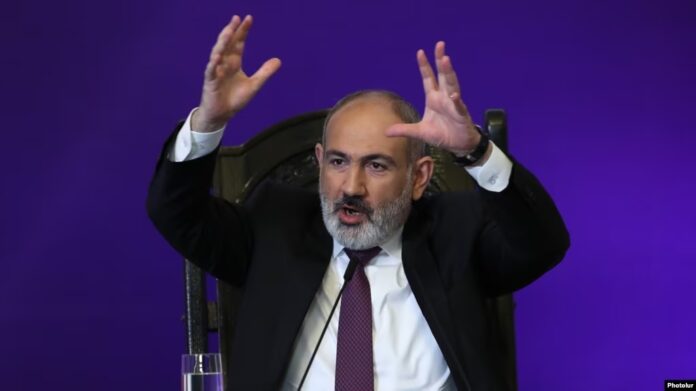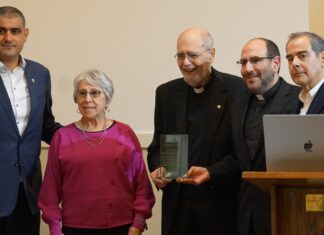YEREVAN (Armenpress) — Prime Minister Nikol Pashinyan delivered a speech before the parliamentary select committee probing the causes and course of the 2020 war at the committee on June 20. He spoke about the negotiations and what ultimately cause him to sign the ceasefire agreement.
There were several proposals for ceasefire, he added.
The November 9, 2020 ceasefire agreement was the fifth attempt to end the war, Pashinyan said. The first such conversation took place on October 7, when Pashinyan phoned Russian President Vladimir Putin on the latter’s birthday. Putin attached importance to Pashinyan’s willingness to compromise. Putin told Pashinyan that he wants to mediate for a swift end of hostilities.
“I told him that I agreed and asked under what conditions the hostilities would end. Our understanding was that hostilities had to end without preconditions, the sides had to stop at their present positions, followed by talks on which compromise the parties agree to. I said that this option was acceptable for us. I had a second phone call with the Russian President later on that day, and he said that he had talked with the Azerbaijani President, but the latter had told him that he wasn’t ready to go for a ceasefire, meaning he didn’t agree to establish ceasefire,” Pashinyan said.
President Putin told Pashinyan that he’d talk with the Azerbaijani President again the next day.
The next day, Putin told Pashinyan that Azerbaijan had a precondition for a ceasefire: it expects Fizuli to be surrendered without a fight, and that Armenian forces must retreat from along the Araks River to the Khuda Afering reservoir, so that the reservoir stays under Azerbaijani control to be able to take water for irrigation. In addition, the Azerbaijani leadership expected to repatriate two convicts that were serving prison terms in Nagorno Karabakh for kidnapping and murder.










